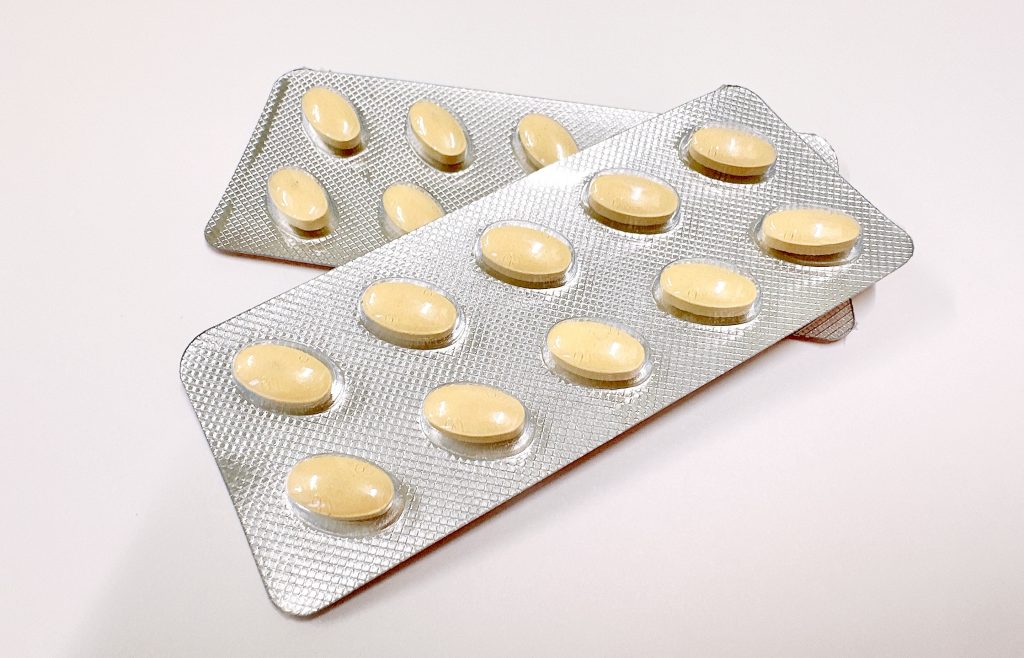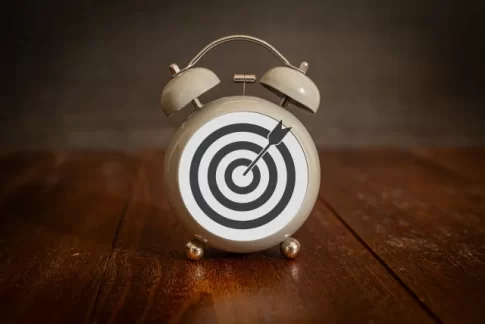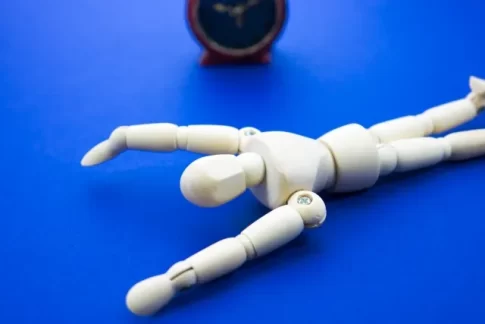この記事の概要
Early symptoms of erectile dysfunction (ED) include difficulty getting an erection, decreased sexual desire, prolonged time to erection, and decreased morning erection. The risk of developing the disease increases with age, and symptoms are often seen in people in their 40s, but lifestyle and psychological factors can affect even younger patients. Early consultation is important.
There are several typical early symptoms of erectile dysfunction (ED).

If any of these symptoms are observed, early consultation at a medical institution is recommended:
Inability to obtain or maintain an erection:.
Frequent inability to achieve or maintain an adequate erection during sexual activity.
Decreased sexual desire:.
May not be as interested in or desire sexual stimulation as before.
Time to erection increases:. May not be as interested in or desire sexual stimulation as before.
Time to erection increases:.
Slower response to sexual stimulation and longer time to erection than before.
Decreased or absent morning erections:. Slower response to sexual stimulation and longer time to erection than before.
Decreased or absent morning erections:.
Normally, erections may be present in healthy men during sleep or upon awakening, but this may be reduced or not present at all under the influence of ED.
If these symptoms are present, it is important to make lifestyle changes (exercise, diet, sleep, stress management) and seek professional medical advice if needed. Early detection and appropriate treatment are effective.
At what age can symptoms be seen?
The age of onset of erectile dysfunction (ED) varies widely among individuals, but the risk of developing the disease generally increases with age. Data on the main ages of onset show the following trends
- Symptoms often begin to appear in the 40s, and the incidence in this age group is about 40%.
- It is reported that approximately 50% of men in their 50s will experience some form of ED symptoms.
- Over the age of 60, the incidence is even higher, with approximately 60% more men potentially suffering from ED.
These figures indicate that various functions of the body decline with advancing age and that chronic diseases can affect erectile function. However, even younger people can develop ED due to lifestyle issues (smoking, alcohol consumption, lack of exercise, etc.) or psychological factors (stress, anxiety, depression, etc.).Therefore, lifestyle improvement and appropriate stress management are important regardless of age.










